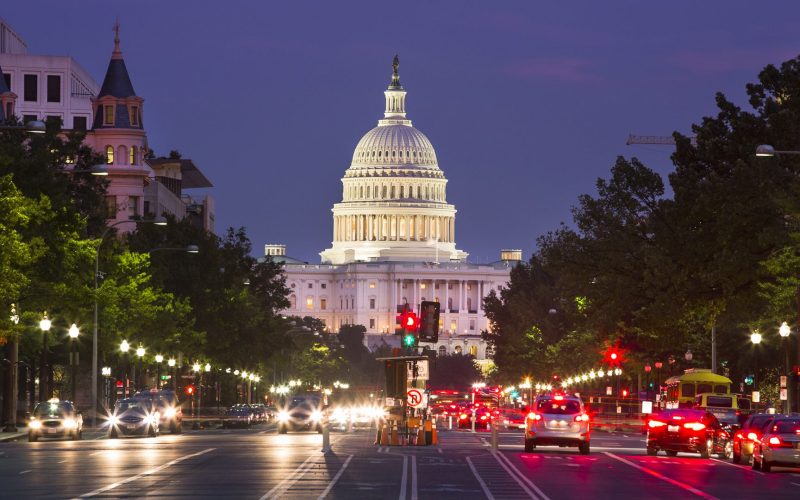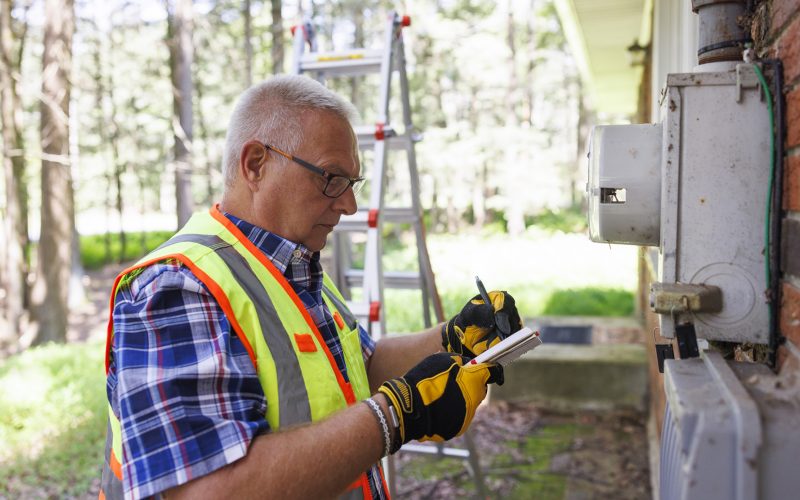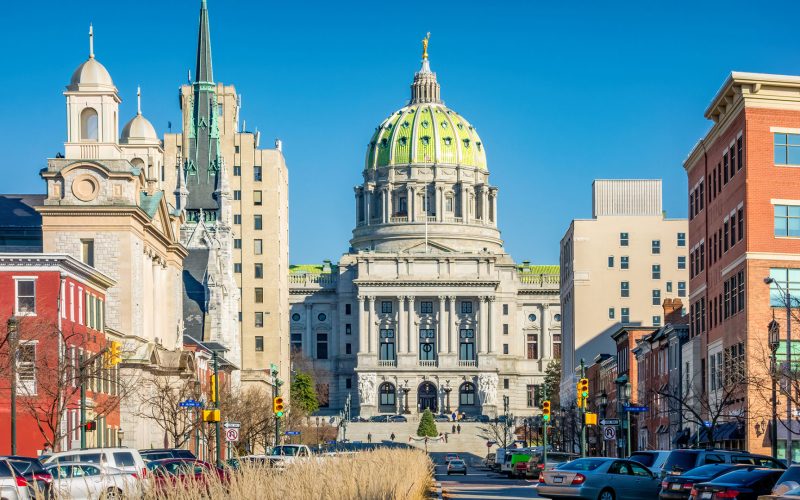THE VOICE FOR THE ENERGY CONSUMER

CEA Southwest Executive Director Matt Gonzales spoke with S&P Global about the importance of ensuring consumer choice for natural gas access in New Mexico. “There’s a lot of people around.

As California’s consumers continue to reel from some of the highest electricity and gasoline prices in the country, CEA’s Matt Gonzales looks at the record number of policy failures which.

Millions of American consumers take for granted the electric transmission system that powers their lives each and every day. CEA President David Holt looks at how we will all be.

CEA President David Holt joined KTRH to discuss the subsidies being extended to different forms of energy production, and how that impacts consumers. Listen here – KTRH AM 740
.
In today’s world, where energy use and costs continue to rise, consumers are always looking for ways to lower their utility bills. With the right strategies, you can save money,.

To outsiders, New York is an Empire State of Mind, full of big dreams, big stars, and big money. A concrete jungle that looms as large as the personalities of.

• Energy Permitting Reform Act of 2024 Breaks Permitting Reform Stalemate • Current Administration’s Opposition to Reform for All Energy Forms Has Kept Prices High WASHINGTON – Consumer Energy Alliance.

• Law will accelerate billions in carbon capture, hydrogen hub opportunities • Carbon capture poised to generate well-paying building trade jobs HARRISBURG, Pa. – Consumer Energy Alliance (CEA), the leading.

WASHINGTON – The United States is on the wrong track and there is strong opposition to government policies designed to ban new gas-powered vehicles, according to new polling among likely.